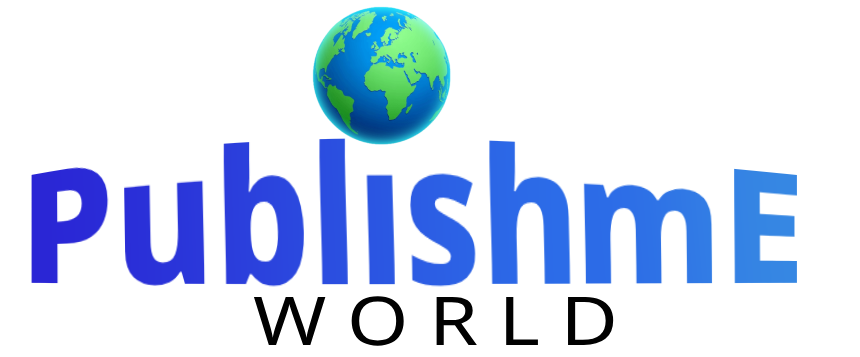Meta Platforms (NASDAQ: META), the parent company of Facebook and Instagram, has initiated steps to restrict access to news content on its platforms for all users in Canada. This move comes as a response to a newly enacted law that mandates internet giants to pay news publishers for their content.

The Canadian government swiftly criticized this decision, labeling it as “irresponsible,” and emphasized the global significance of the unfolding situation in Canada.
The Online News Act, which gained approval from the Canadian parliament, mandates platforms such as Google’s parent company, Alphabet (NASDAQ: GOOGL), and Meta Platforms to engage in commercial negotiations with Canadian news publishers for the usage of their content.
Rachel Curran, Meta’s head of public policy in Canada, stated, “News outlets voluntarily share content on Facebook and Instagram to expand their audiences and help their bottom line. In contrast, we know the people using our platforms don’t come to us for news.”
Pascale St-Onge, Canadian Heritage Minister responsible for government dealings with Meta, criticized the move, remarking, “This is irresponsible.” She further added, “They would rather block their users from accessing good quality and local news instead of paying their fair share to news organizations. We’re going to keep standing our ground. After all, if the Government can’t stand up for Canadians against tech giants, who will?”
This stance against the law aligns with a larger global trend of requiring technology companies to compensate news providers for their content. Both Meta Platforms and Google (NASDAQ: GOOGL) previously announced their intent to block news access in Canada as part of a campaign against the law.
The Canadian Broadcasting Corporation (CBC) also criticized Meta’s action as an “abuse of their market power.”
While a similar law was successfully passed in Australia in 2021 that is Meta Platforms Blocks News Access in Canada Amid Publisher Payment Law, leading to agreements between Google and Facebook and Australian media companies, the Canadian law differs in its scope. Google has argued that the Canadian law is more expansive, as it places a price on news links displayed in search results and applies to outlets that do not produce news content.
Meta Platforms has contended that news articles constitute less than 3% of the content on users’ feeds and questioned the economic value of news.
Canadian Prime Minister Justin Trudeau expressed concerns about such arguments, deeming them “dangerous to our democracy, to our economy.”
What Happens Next?
- Canada’s approach remains to negotiate deals with publishers—though Meta’s block remains in effect until a fair agreement is reached euronews.comeconomictimes.indiatimes.com.
- Other regions, especially Australia, may consider imposing stricter “designations” that compel Meta and Google into binding negotiations or risk news bans theguardian.com.
- At the same time, tech platforms might start adding exception clauses for emergencies—automatic reinstatement of news during wildfires, floods, or elections—to retain public safety and credibility theguardian.com.
Wrapping Up
Canada’s news ban on Facebook and Instagram reveals a high-stakes struggle:
- Governments aim to curb Big Tech’s dominance and financially reinforce local journalism.
- Platforms resist being forced into costly content payment schemes and risk public backlash.
- Citizens and democracies face the fallout of disrupted information channels—especially in emergencies.
- Publishers seek financial relief but at the risk of losing vital distribution platforms.
This backlash carries a powerful reminder: digital information ecosystems are not just backend algorithms—they’re civic infrastructures. When disrupted, the effects ripple through democracy, public safety, and human connection.
✅ Final Thoughts
Canada’s bold implementation of Bill C‑18 marks a pivotal moment in international internet regulation. Meta’s response—cutting off news content entirely—sends a cautionary tale of what happens when governments and platforms clash. As more jurisdictions study Canada’s example, finding the right balance will be crucial: ensuring fair compensation to news outlets without cementing digital gatekeepers’ power or leaving citizens in the dark.




